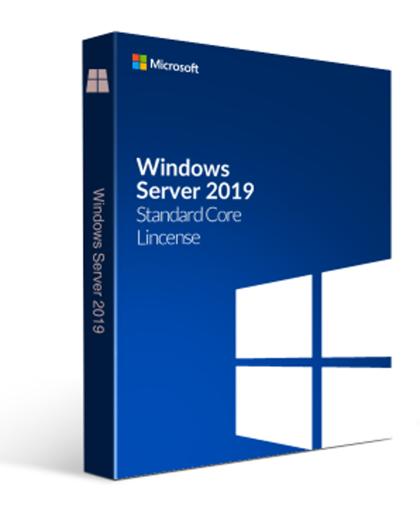AM is a statistical software package for analyzing data from complex samples, especially largescale assessments such as the National Assessment of Educational Progress (NAEP) and the Third International Mathematics and Science Studies (TIMSS).
From its origin as a specialized tool for analyzing large-scale assessment data, AM has evolved into a more generalized and growing tool for analyzing data from complex samples in general. Originally, AM was developed to estimate regression models through marginal maximum likelihood (MML). Because large-scale assessments are often low-stakes assessments for students, students are usually asked to respond to only a few items; each student sees only part of the whole test. Otherwise, they would be unlikely to expend real effort on any items. As a result, individual test scores are subject to substantial measurement error, which would bias many statistical estimates. Rather than assign each student an error-filled score, MML procedures represent each student’s proficiency as a probability distribution over all possible scores. MML procedures use these probability distributions in the estimation process.
Another characteristic of large-scale assessments has led to a wider applicability of AM—they almost always draw a sample from a complex design. AM automatically provides appropriate standard errors for complex samples using a Taylor-series approximation. This happens automatically even when new procedures are added to the software. Over time, the software has grown to offer a set of non-MML statistics, including regression, probit, logit, cross-tabs, and other statistics that are useful for survey data in general.
The American Institutes for Research is committed to keeping AM available as a free and growing tool for the research community. Visit this web site for further information, updates, and technical support.
Features of AM
- AM offers sophisticated statistics with an easy-to-use drag and drop interface, and an integrated help system that explains the statistics as well as how to use the system.
- AM includes statistical procedures for analyzing assessment and survey data, including models estimated via marginal maximum likelihood (MML). MML procedures recognize that tests can’t pinpoint proficiency, but instead define a probability distribution over the proficiency scale. AM will also analyze the “plausible values” used in programs like NAEP.
- AM includes procedures for analyzing non-assessment survey data as well.
- All of AM’s procedures automatically provides appropriate standard errors for complex samples. All procedures are available with a Taylor-series approximation for the standard errors, and a few offer an option to use a jackknife or other replication technique.
- AM is completely free and may be shared and copied. It was developed, in part, with funding from the National Center for Education Statistics.





















There are no reviews yet.